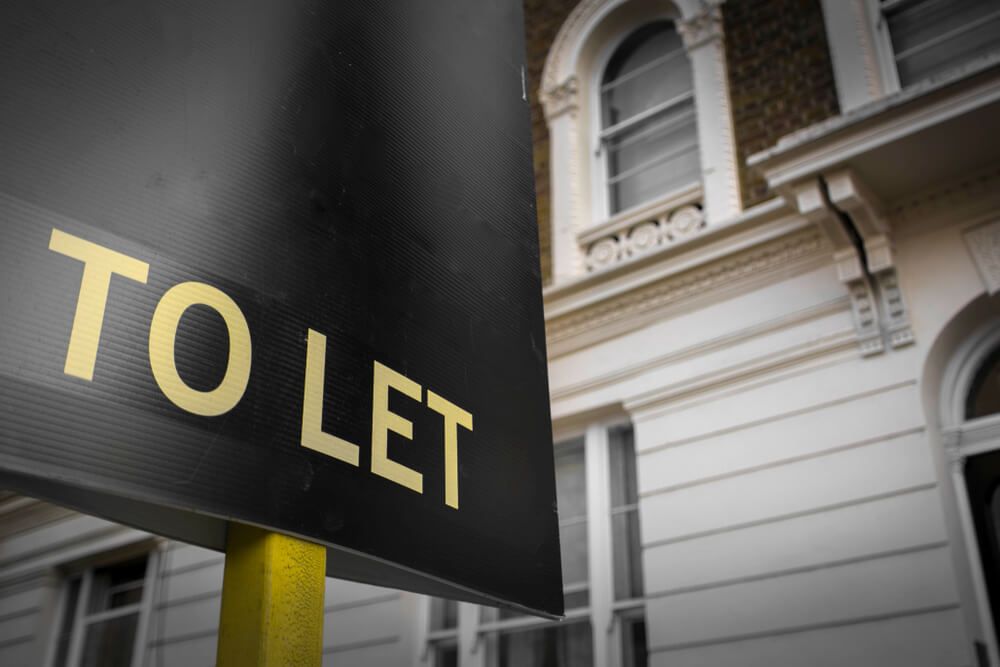As the COVID-19 (coronavirus) outbreak continues to dominate headlines, thousands of Brits are living in fear of how it will impact not only their health but also day to day life.
With thousands turning to self-isolation, the thought of how to keep on top of your bills is high on everyone’s lists.
One of the biggest fears for those on the rental market is the thought of losing their home.
Under normal circumstances, if you fall behind on your rent payments, then your landlord has the right to evict you from the property.
However, it was announced by Prime Minister Boris Johnson on Wednesday (March 18) that the government is bringing forward emergency legislation to give private renters protection from eviction.
The new law means that tenants won’t be evicted from their homes for a period of at least three months, even if they’re struggling with their rent. It will ban landlords across England and Wales from using the eviction process for those struggling until the summer.
It was also confirmed by the National Housing Federation, which represents housing associations across England, that housing associations will not evict any tenants affected by the virus.
But what does this really mean, and what steps can tenants take to make sure they don’t end up with issues once the virus has passed?
We’re giving you the answer in this guide to managing your rent during the coronavirus pandemic.
Get free adviceWhat should I do if I’m struggling with my rent?
The first thing you should do is make your landlord aware of the situation. This prevents the situation from escalating.
In most cases, it’s better to pay what you can towards your rent to avoid a higher balance later on. Landlords will appreciate that you’re willing to pay something rather than nothing.
If your income has been reduced due to the virus, it’s also worth checking if you’re entitled to any benefits such as housing benefit or Universal Credit that could help with your rent during this time.
This would normally take five weeks, but in the current climate, the government has suspended this, allowing people to be paid almost immediately. For those already on benefits, you may see in a temporary increase in your payments to help you cover your rent.
What happens if I defer my rent payments?
Whilst the new legislation will give you relief for a period of time, you will still need to make arrangements to make up the payments you defer.
As part of the emergency regulations, tenants and landlords are expected to work together to create an affordable payment plan once they are in a position to resume paying their rent.
Landlords should take your circumstances into account, allowing you to come to a mutual agreement of how you will pay back what you owe without leaving yourself short.
What about council or housing association tenants?
As stated above, it was confirmed by the National Housing Federation that these tenants will not have their tenancies impacted by the virus, with many associations making the promise not to evict anyone.
Chief executive of the National Housing Federation, Kate Henderson, said: “No one should be evicted because of the coronavirus. We are confident that no housing association will do this and want anyone affected by the outbreak to be reassured they will not be evicted.”
Get free adviceWhat support can I get as a tenant if I have to take time off or my hours get reduced?
Some companies do offer sick pay to their employees as a staff benefit, so check this with your employer to know where you stand.
If you don’t get this, the government has put measures in place to provide people with Statutory Sick Pay (SSP) from the first day you are not at work – even if you have no symptoms.
Under SSP, you will get £94.25 a week. However, you must earn £118 per week to be able to qualify for this.
They have also requested business to waive/relax their rules on the requirement of evidence of sickness, meaning you may not need to provide a sick line from the doctor – which are hard to come by these days.
If you are self-employed, you may still qualify for SSP. But if you don’t, you can apply for universal credit or employment and support allowance to help you get by.
I am a landlord, what are my rights?
Everyone is in the same boat, just in different forms
Whilst tenants will be worrying about paying their rent, landlords will understandably be worried about their mortgage payments.
In these cases, landlords can apply for up to three months payment break from their mortgage payments. This was announced by Chancellor Rishi Sunak as part of a series of emergency plans to help support those impacted by coronavirus.
You can find out more about this in our designated page for homeowners by clicking here.




